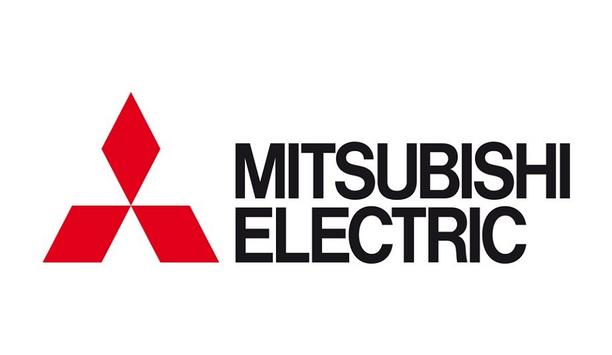Emerson has launched its new AVENTICSTM DS1 dew point sensor, the only industrial sensor to monitor dew point, temperature, humidity levels and quality of compressed air and other non-corrosive gases in real-time from one device.
The DS1 can help operators detect and mitigate excess moisture in its early stages and prevent moisture-related equipment damage. By optimizing air quality in this way, operators can better control processes, extend pneumatic component life, ensure regulatory compliance, and reduce maintenance and unplanned downtime.
pneumatic systems
Pneumatic systems power manufacturing processes across the plant floor in most industries
Pneumatic systems power manufacturing processes across the plant floor in most industries, from pharmaceuticals and food and beverage to semiconductor and automotive.
Excess moisture in pneumatic systems can cause multiple issues, including corroded components, product inconsistency, and erratic processes.
Industrial sensors
While most industrial sensors only monitor humidity, the DS1 provides precise dew point monitoring that makes it possible for manufacturers to continuously track critical values, address excess moisture and prevent its negative effects.
For instance, moisture can affect process reliability by corroding components, washing the lubrication out of moving parts, and extending switching and reaction times.
Ideal air quality
Ideal air quality is also critical in instances where compressed air may come in contact with consumer products, such as pharmaceuticals or food. Condensate in compressed air can cause discoloration, texture inconsistency, and bacterial growth.
The DS1 provides essential data that facilities need to maintain a stable dew point and protect product quality. And if there are regulations around air quality, the DS1 can help companies meet requirements and maintain compliance.
AVENTICS DS1 dew point sensor
“By having greater certainty about compressed air quality and control over moisture levels in compressed air lines, manufacturers of all kinds can prevent a number of common condensate-related issues and their associated costs,” said Manuel Goerbert, Product Marketing Manager of Discrete Sensors at Emerson.
He adds, “The new AVENTICS DS1 dew point sensor allows operators to detect changes in air quality in real-time with a single device, so they can quickly make necessary adjustments to optimize production and increase overall process reliability.”
Advantages of an integrated dew point sensor
One of the key advantages of an integrated dew point sensor is the ability to place the sensor
To support industrial digital transformation strategies, the DS1 dew point sensor easily integrates into existing systems, including the AVENTICS Series AS3 and AVENTICS Series 652 air preparation units, and connects to networks via Modbus TCP (PoE).
One of the key advantages of an integrated dew point sensor is the ability to place the sensor – and track conditions – close to the process rather than where the compressed air is generated, which can be far from the process itself and have much different conditions.
DS1 measurement values
The sensor element is condensation-resistant and provides long-term, drift-proof performance. With fast response time, DS1 measurement values include pressure dewpoint, temperature, relative humidity, absolute humidity, moisture content, moisture content V/V, water vapor partial pressure, and atmospheric dew point.
The DS1 is also suitable for other non-corrosive gases, including nitrogen, oxygen, argon, helium, and sulfur hexafluoride.

















